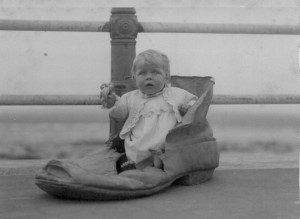Several traditions
It would be reasonable to say that there are a number of traditions. Not just geographically – Irish, Scottish, Appalachian – but by virtue of which gatherings the songs were sung in.
Sea shanties, for example. They are work songs – with a caller and a chorus. The chorus keeps the rhythm while the seamen are weighing anchor or whatever. But there are also sailor ballads – solos sung by someone or other while they darned the sails or whatever. The songs are intended for a gathering of sailors, and the setting, the imagery and the story often, but not always, confirm our worst prejudices regarding sailors. Songs about willing girls in each port just waiting for a sailor to give her a good time. Who may steal your money and give you a dose of the clap.
But also songs of hard work and tough bosses, families, women left behind, death and so on.
These songs are very different from the spinning room ballads – ballads that at any rate seem to be made for singing by women to women – or perhaps just to themselves, presumably while they were working. A lot of "Come all you fair and tender maids" – warning young girls not to believe what young men tell them.
And then there are sensational stories – stories of great robbers, great heroes (John Henry), of train crashes (Casey Jones) and murders (Omie Wise, Pretty Polly), of war and battles, of ghosts and elves. Catering more or less for the same tastes as (tabloid) newspapers and magazines do nowadays.
